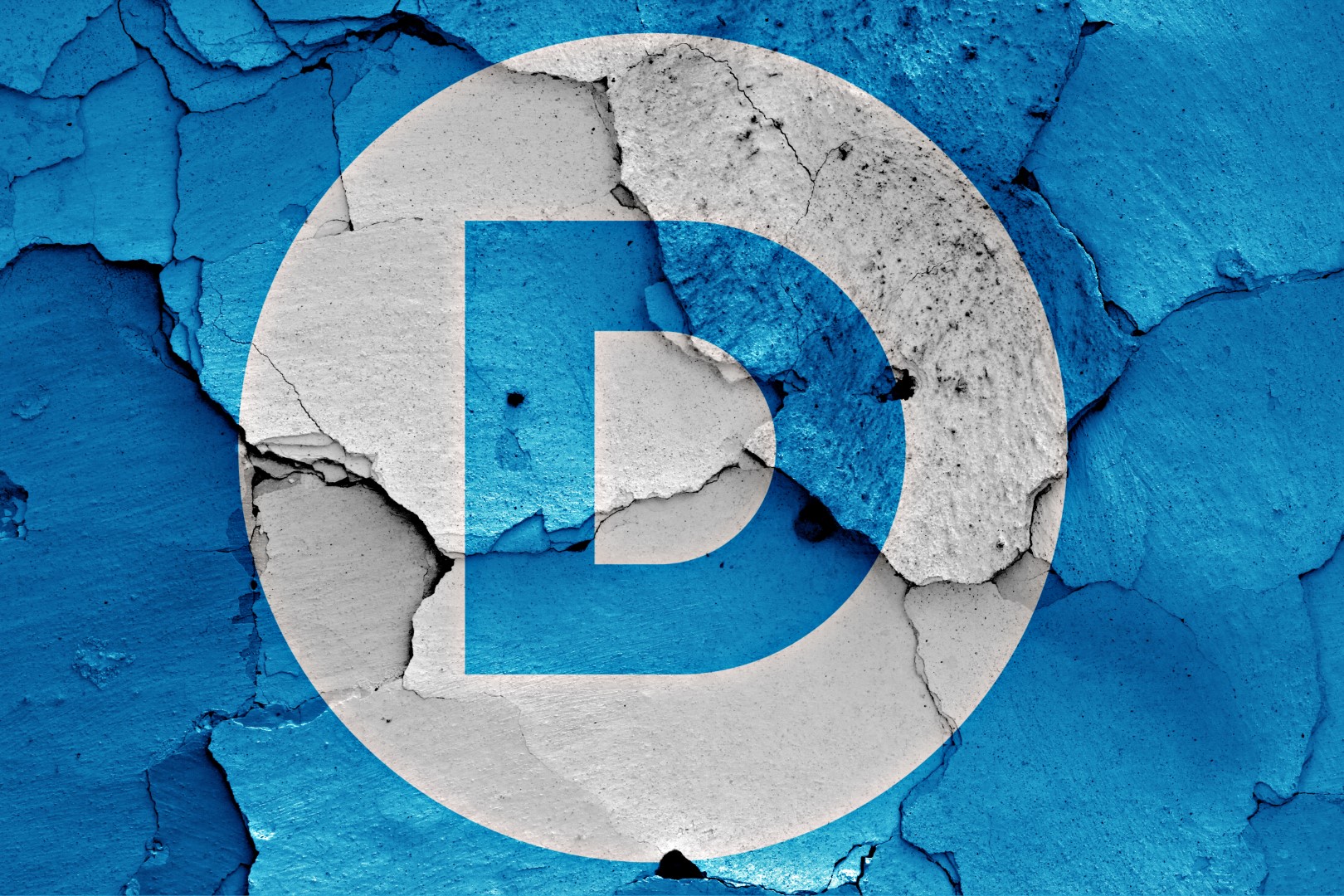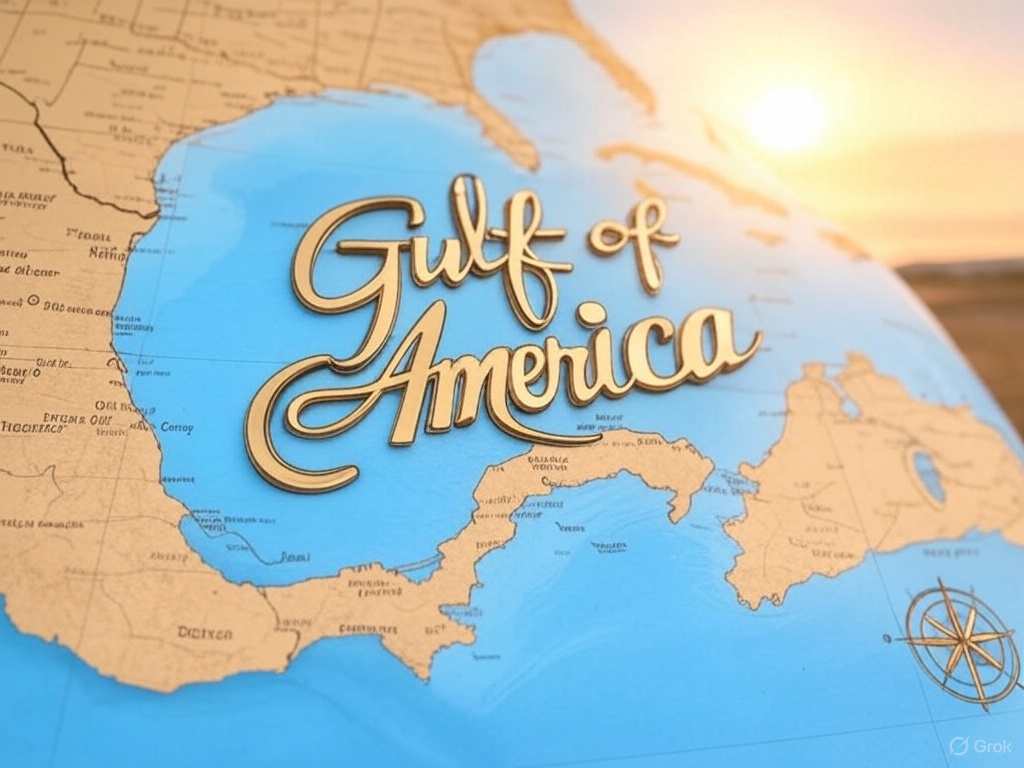I tried my best to stay quiet.
Like many in the political world these past few weeks, I’ve watched these Special Elections in Florida’s 1st and 6th Congressional Districts unfold with a growing sense of frustration. I wanted to give the benefit of the doubt, to trust that the strategy made sense, that there was a bigger picture I wasn’t seeing.
But as we approach the final days of these races, it’s clear we have been lying to ourselves. And the cost of that delusion is too high to ignore.
Nearly $20 million has been spent on these two races, districts that Donald Trump won by overwhelming margins.
As of this writing, CD 1 shows a 19-point Republican turnout advantage and CD 6 has a 9-point GOP edge. These are not swing districts. These are not close races. And yet, every day, I see the same ads flooding social media: “We can win this. Donate now. We’re closing the gap.” When in fact, the gap is widening, not closing.
Let’s be clear: these races were never truly winnable. That’s not defeatism. That’s math. Now, I understand that this $20 million wouldn’t have been raised if not for these races. The candidates, the urgency, the fear, they all generated energy, and in turn, money.
But that’s exactly the problem.
We’re fueling a system that prioritizes emotional appeal over strategic outcomes. And while small-dollar donors give in good faith, believing their contribution might flip a seat, the only people consistently benefiting are the consultants cashing the checks.
This isn’t just poor planning. It’s donor abuse. It’s an unethical use of resources in a state that desperately needs long-term investment. Even the state party and the DNC, institutions that typically bring oversight and structure to competitive races, got swept up in the momentum.
I don’t know what internal conversations may have happened, but from the outside, it looked like no one stepped in to apply the kind of rigor or accountability we expect in viable races. And that’s not a criticism of leadership; it’s simply a hard truth about what happens when hope and hype go unchecked.
Imagine what we could have done with that $20 million. We could have launched the largest voter registration program Florida has ever seen. We could have hired and trained organizers in underserved communities. We could have built lasting infrastructure that would benefit not just one race, but every race to come.
Instead, we burned through donor dollars on campaigns that will leave nothing behind: no new voters, no stronger party infrastructure, no sustained momentum. Just grifters with a payday and a movement no stronger than it was before.
Let me be clear: I’m not accusing anyone of criminal conduct. But just because something is legal doesn’t mean it’s right. And just because a campaign exists doesn’t mean it should be used as a fundraising funnel for consultants and vendors with no long-term plan for the communities they claim to serve.
I understand the desire to fight everywhere. I understand the symbolism. But if we want to win, really win, we have to stop confusing activity with strategy. We have to be honest about what’s winnable, what’s worth building, and what actually helps us take back power.
We need to stop mistaking good intentions for good planning, and we need to stop letting consultants write checks with other people’s hope. As a consultant, I know I’m part of this system. And that’s exactly why I’m speaking up.
We should expect better from each other and demand more from the institutions and professionals who claim to fight for democracy. The party deserves better. Our donors deserve better. Our voters deserve better. And so do the candidates we recruit, people who give up their time with their families, careers, and so much more to step into the arena and run.
If we’re serious about building a real, sustainable movement in Florida or anywhere else, we have to stop chasing quick wins and start investing in lasting infrastructure.
This isn’t about giving up the fight. It’s about fighting smarter, with integrity, purpose, and accountability. We all love to say, “The stakes are too high.” Well, if that’s true, then the excuses have to stop. It’s time to act like it.
___
Chris Mitchell is a managing partner for Statecraft Digital.
The post Chris Mitchell: Democrats, this is not how we win appeared first on Florida Politics – Campaigns & Elections. Lobbying & Government..
Source link

 Entertainment8 years ago
Entertainment8 years ago
 Politics8 years ago
Politics8 years ago
 Entertainment8 years ago
Entertainment8 years ago
 Entertainment8 years ago
Entertainment8 years ago
 Tech8 years ago
Tech8 years ago
 Tech8 years ago
Tech8 years ago
 Tech8 years ago
Tech8 years ago
 Politics8 years ago
Politics8 years ago









